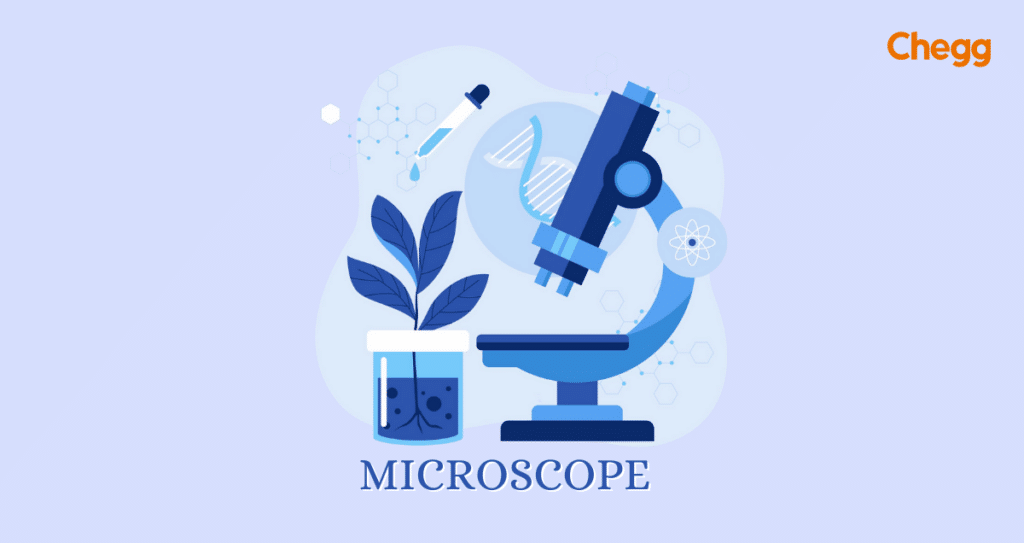Science
Science is a treasure hunt for knowledge, utilizing a trusty map and compass to solve the world’s mysteries. Science is all about understanding the physical world, the stuff that we see, touch, and observe.
Branches of Science
Physics :
It covers the fundamental forces shaping existence. Like the simple act of an apple falling, a seemingly ordinary event that led Isaac Newton to unveil the revolutionary concept of gravity.
This force governs the motion of planets, and the rise and fall of tides, and even keeps us firmly grounded. Understanding its principles unlocks fascinating concepts like motion, inertia, and the intricate dance of celestial bodies.
Chemistry :
It is like a skilled storyteller, unravels the fascinating narratives of the building blocks that make up everything we see. Like hydrogen, the lightest and most abundant element, whose story is intertwined with the birth of stars and galaxies.
Or carbon, the versatile element forming the backbone of life as we know it. Its mind-blowing potential in organic chemistry, where it revolutionized various industries with the invention of plastics. Finally, silicon, the “semiconductor king,” is the foundation of modern electronics. Explore its remarkable transformation from sand to microchips, powering the devices that have become an integral part of our lives.
Biology :
Biology is the study of living organisms. From the microscopic world of cells, the building blocks of all life, to the diverse ecosystems teeming with creatures both familiar and extraordinary, biology unveils the secrets of existence. Uncover the intricate processes like photosynthesis and respiration that sustain life, and appreciate the delicate balance between organisms and their environment.
Earth Science :
It guides us on a journey through the dynamic forces shaping our planet. It embarks on a voyage of discovery, tracing the formation of Earth, the forces that sculpt its landscapes through volcanoes, earthquakes, and plate tectonics, and the invisible hand that drives weather and climate. This exploration extends beyond our planet, taking us on a quest to understand the mysteries of the universe, from the solar system and galaxies to the origins and fate of the cosmos itself. We also examine the impact of our actions on Earth’s climate, resources, and ecosystems, prompting us to seek solutions for a sustainable future. But what about the “GK” part? Well, Science GK, or General Knowledge, equips you with a basic understanding of various scientific concepts, making you a more informed and curious individual. Ready to embark on a scientific adventure?
Buckle up, because we’re diving into important discoveries:
1. Understanding the Force of Nature: Discovering Gravity by Isaac Newton
Physics GK helps you grasp the fundamental forces that shape our universe, like the revolutionary concept of gravity discovered by Isaac Newton. By understanding how gravity pulls objects towards each other, you can explain phenomena like planetary orbits, tides, and even why you don’t float away! Imagine an apple falling from a tree. Simple, right? But it was this everyday observation that sparked Isaac Newton’s genius, leading him to unveil the universal force of gravity! Gravity isn’t just about apples; it keeps planets orbiting the sun, moons circling planets, and even you firmly planted on Earth. Understanding its principles opens doors to fascinating concepts like motion, inertia, and celestial mechanics.
2. Exploring Three Main Atoms and Their Invention Stories:
Every element you see, from the air you breathe to the screen you’re reading on, is built from tiny building blocks called atoms. Chemistry GK introduces you to the key players – hydrogen, oxygen, and carbon – and their fascinating invention stories. You’ll learn how these elements, through their unique properties and interactions, create the vast diversity of materials and molecules around us. The building blocks of everything around us, atoms, are a captivating journey in themselves. Let’s meet three key players:
Hydrogen:
The lightest and most abundant element, its story is intertwined with the formation of stars and galaxies. Discover how its unique properties fueled the invention of hydrogen fuel cells, promising a cleaner future.
Carbon:
This versatile element forms the backbone of life as we know it. Delve into the fascinating world of organic chemistry and uncover the invention of plastics, revolutionizing various industries.
Silicon:
The semiconductor king, silicon is the foundation of modern electronics. Explore its journey from sand to microchips, powering the devices we use every day.
3. Biology GK: Unveiling the secrets of life
From the microscopic world of cells to the complex ecosystems teeming with diverse organisms. Exploring the Earth’s dynamic forces, the building blocks of life (cells), the diversity of organisms (from bacteria to whales), and the intricate processes that sustain them like photosynthesis and respiration.
From the formation of mountains to the ever-changing climate. Understanding our bodies: Learn about human anatomy, physiology, genetics, and diseases, gaining a deeper appreciation for your own health and well-being. Appreciating the natural world: Discover the fascinating interactions between plants, animals, and their environment, including ecosystems, biodiversity, and conservation challenges.
4. Earth Science GK: Delving into the Earth’s dynamic forces
Explore the formation of our planet, the processes that shape its landscapes (volcanoes, earthquakes, plate tectonics), and the forces that drive weather and climate. Learn about the mysteries of the universe, from the solar system and galaxies to the origins and fate of the cosmos. Discover how human activities affect the Earth’s climate, resources, and ecosystems, and explore solutions for sustainable development.
5. Black Soil: A Jewel of Indian Agriculture:
Black soil also known as Regur or Black Cotton Soil, this fertile soil is found in the Deccan Plateau region of India. Characterized by its black colour due to high organic matter content and iron oxides. It is known for its excellent water-holding capacity and clay content, making it ideal for agriculture.





